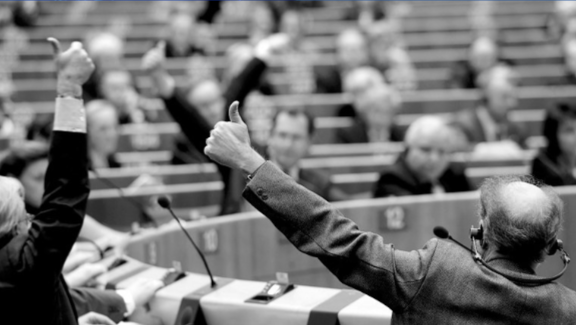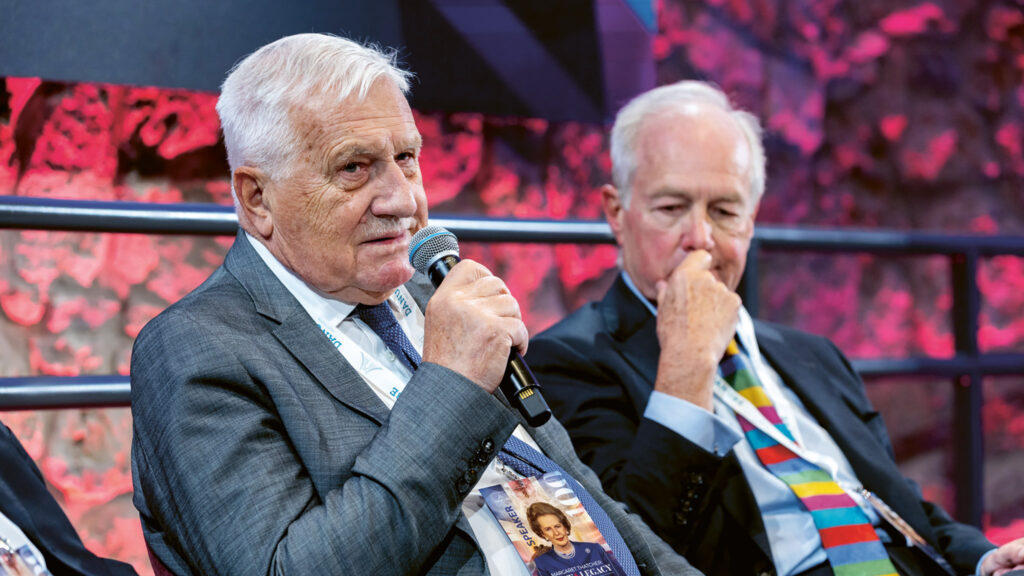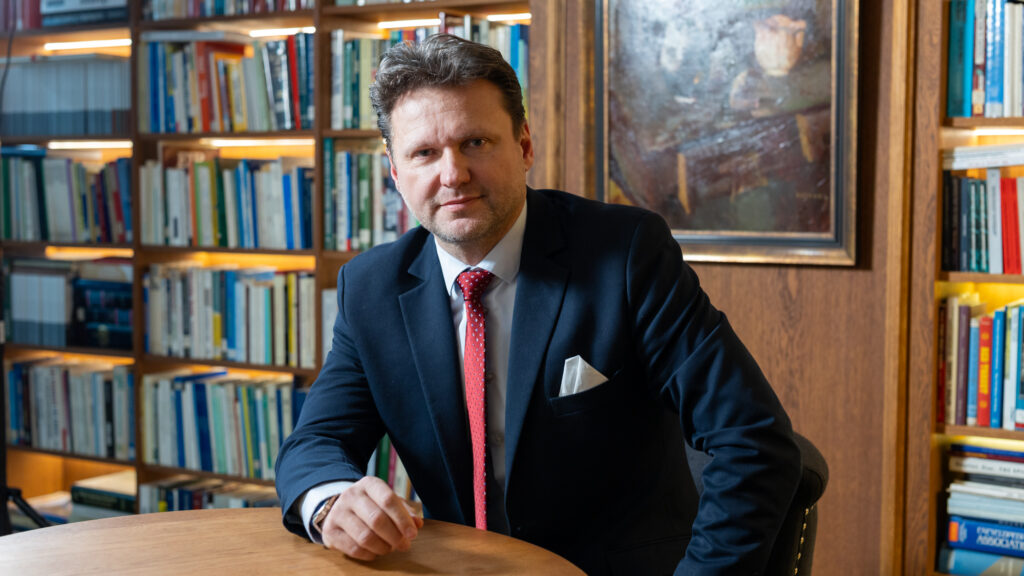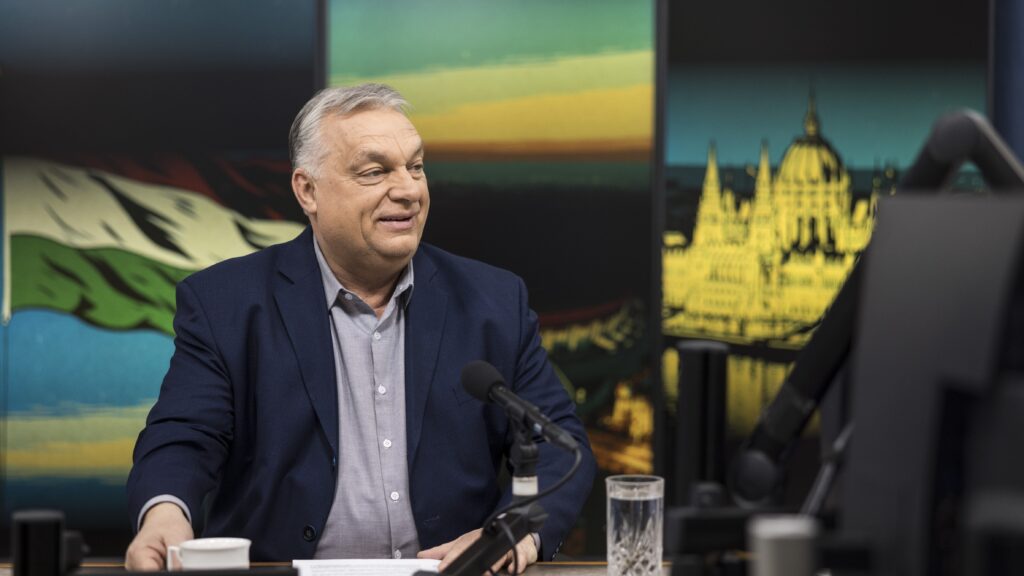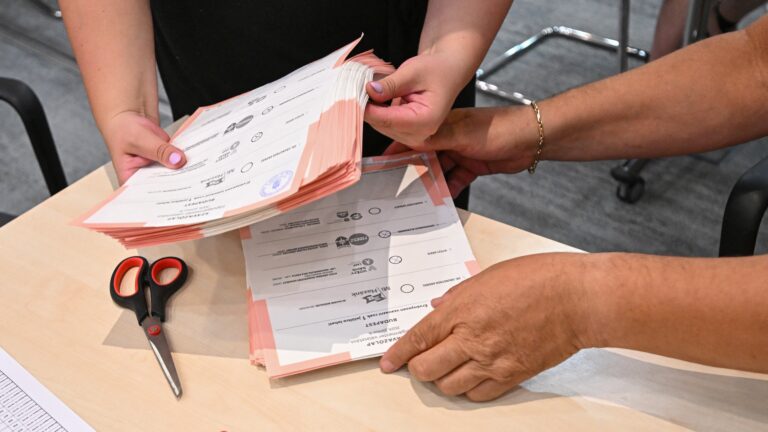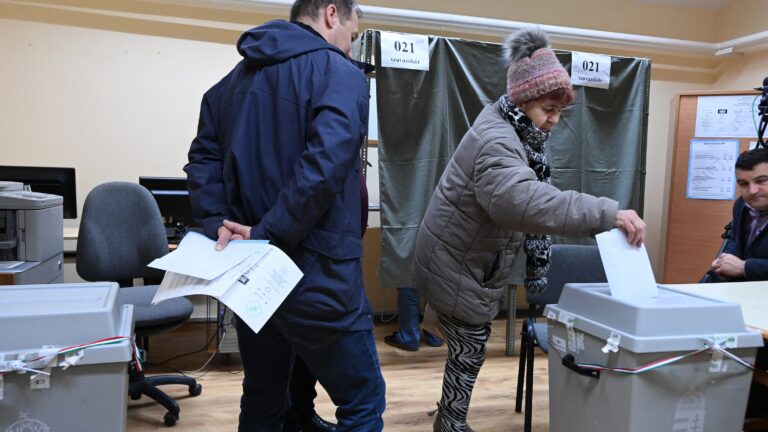The following is a translation of an article written by the Minister for Regional Development and Public Administration and a researcher at the Europe Strategy Research Institute Tibor Navracsics, originally published on the Five Minutes Europe blog of Ludovika.hu.
The radical left-wing faction GUE/NGL, which has 47 of the 720 members of the European Parliament, has recently faced a serious challenge when, at a congress held in Porto on 13 and 14 June, some of its member organizations agreed to leave the European Left (EL) and to form a new party called the European Left Alliance for the People and the Planet (ELA). The split had been coming for a long time and was therefore heated. However, it does not necessarily threaten the unity of the European parliamentary faction, which has been difficult to maintain so far.
Political developments in recent years show that while centre-right and right-wing parties are gaining strength both in member states and in the European Parliament in the latest elections, centre-left and left-wing parties are at best stagnating, but in most cases, they have to accept a decline in popularity and influence. In the last European Parliament elections, Renew Europe, which includes liberals as well, slipped from its traditional third place and, moreover, had to cede its place to a faction—Patriots for Europe—that is much more vocal in its criticism of the current direction of European integration.
Although radical left-wing parties were able to increase their share in the European Parliament minimally, with six representatives, they already entered the election with internal conflicts that later began to undermine the unity of the party alliance. The first tension between the representatives arose after the outbreak of the Russia–Ukraine war on 1 March 2022, when seven members of the faction, with ten abstentions, voted against the European Parliament’s statement condemning Russia. The differences that emerged at that time became even more acute during the preparations for the 2024 campaign.
‘They already entered the election with internal conflicts that later began to undermine the unity of the party alliance’
The internal trust within the party alliance, which was based on the fullest possible application of the principle of consensus, however, was fatally damaged in the run-up to the election campaign. At that point, Manon Aubry and Martin Schirdewan, who were clearly regarded by most analysts and politicians as the faces and best-known politicians of the party alliance, were replaced by Walter Baier, who was generally considered to have no chance of winning and was not even the top candidate on the list of his own party, the Austrian Communist Party.
Right-wing parties that achieved good results in the 2024 European Parliament elections appeared as a clear threat to the radical left, whose minimal gains did little to fill the party family’s MEPs with optimism. The member organizations most dissatisfied with the old party alliance began preparations as early as August 2024, and by April 2025, the final decision had been made to create a new party alliance, the European Left Alliance.
The original six Western European founding organizations—La France Insoumise, Podemos, the Portuguese Left Bloc, O Bloco, the Finnish Vasemmisto, the Swedish Vansterpartiet, and the Danish Socialistisk Folkeparti—were joined by a seventh, the Polish Partia Razem. The party alliance formed over the weekend has practically split the radical left’s European Parliament faction. 16 MEPs will remain loyal to the older party alliance, the EL, while the ELA, which has already just held its first congress, now has 18 representatives.
The fact that a group of MEPs includes representatives from several European party alliances is nothing new in itself. The representatives of Renew Europe, for example, belong to no fewer than three European party alliances. At the same time, there is no doubt that this kind of organizational diversity does not help to make the work within the faction more efficient.
The big question for the future on the radical left is, therefore, whether the current split will, as the separatists intend, help the left find its place in European domestic politics. Or, on the contrary, is it just another step in the process of complete organizational fragmentation and becoming irrelevant?
Related articles:
Click here to read the original article.

